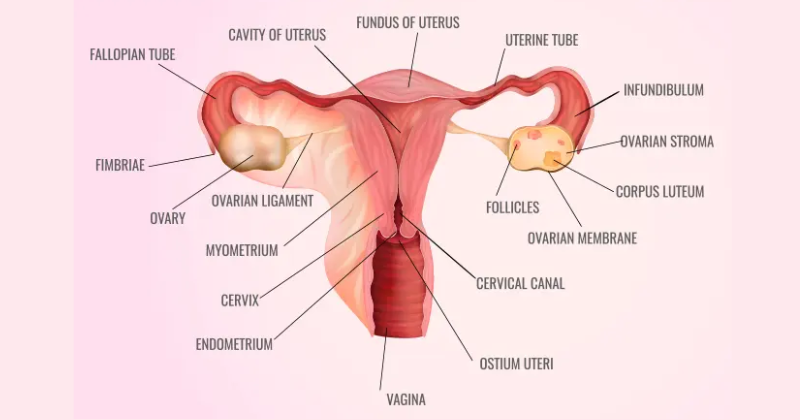What is Ovulation Induction?
Ovulation induction is a fertility treatment that involves the use of medications to stimulate the ovaries, promoting the release of mature eggs. It is particularly beneficial for individuals who have irregular menstrual cycles or those who do not ovulate regularly.
Who Should Consider Ovulation Induction?
Ovulation induction is suitable for individuals who experience ovulation issues due to conditions such as polycystic ovary syndrome (PCOS), hormonal imbalances, or unexplained infertility. It is also an option for same-sex couples or individuals using donor sperm for conception.
Process of Ovulation Induction:
- Initial evaluation: A thorough assessment of the individual's medical history, physical examination, and fertility testing is conducted to determine the underlying cause of infertility.
- Medication administration: Fertility medications, such as oral pills (clomiphene citrate) or injections (gonadotropins), are prescribed to stimulate the ovaries and promote egg development.
- Monitoring: Regular ultrasound scans and hormone level monitoring are performed to track follicle growth and hormone levels.
- Timing of intercourse or IUI: Based on the monitoring results, the healthcare provider determines the most favorable time for sexual intercourse or performs IUI to optimize the chances of conception.
- Pregnancy testing: Following the treatment, a pregnancy test is conducted to confirm whether conception has occurred.
Benefits of Ovulation Induction:
- Increased chances of conception: Ovulation induction can help individuals with ovulatory disorders to release mature eggs, enhancing the probability of fertilization and pregnancy.
- Timed intercourse or intrauterine insemination (IUI): By monitoring the growth of follicles (fluid-filled sacs in the ovaries containing eggs) through ultrasounds and hormonal testing, healthcare providers can determine the optimal time for intercourse or performing IUI, further increasing the chances of successful fertilization.
Side Effects of Ovulation Induction:
While ovulation induction is generally safe, it can be associated with certain side effects, including:
- Ovarian Hyperstimulation Syndrome (OHSS): In some cases, the ovaries may respond excessively to fertility medications, resulting in abdominal discomfort, bloating, nausea, and in rare cases, fluid accumulation in the abdomen and chest. Regular monitoring and adjusting medication doses can help minimize this risk.
- Multiple pregnancies: Ovulation induction can increase the chances of multiple eggs being released, leading to a higher likelihood of multiple pregnancies, such as twins or triplets. The healthcare provider will carefully monitor and adjust the treatment to minimize this risk.
- Ovarian torsion: Enlarged ovaries from the treatment may be susceptible to twisting, causing severe abdominal pain. Prompt medical attention is essential in such cases.
